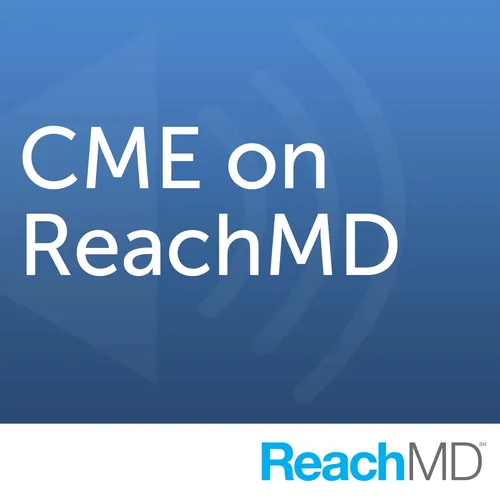Chairperson Perspective: Practice-Changing Strategies in Community Care Settings for Patients with CLL/SLL and MCL
- Author
- ReachMD
- Published
- Tue 23 Jul 2024
- Episode Link
- http://reachmd.com/programs/cme/chairperson-perspective-practice-changing-strategies-in-community-care-settings-for-patients-with-cllsll-and-mcl/18098/
Valid until: 23-07-2025
Claim your CME credit at https://reachmd.com/programs/cme/chairperson-perspective-practice-changing-strategies-in-community-care-settings-for-patients-with-cllsll-and-mcl/18098/
Although covalent Bruton's tyrosine kinase (BTK) inhibitors have proven to be effective in treating chronic lymphocytic leukemia (CLL)/small lymphocytic lymphoma (SLL) or mantle cell lymphoma (MCL), patients still experience poor outcomes after treatment failure or intolerance, necessitating new therapeutic options. Next-generation non-covalent, reversible BTK inhibitors, which have increased specificity and a novel mechanism of action, may address unmet needs and deliver better care. These next-generation BTK inhibitors have been successful in clinical trials and are changing the treatment paradigm as well as practice guidelines. Understanding key differences between the covalent and non-covalent BTK inhibitors, along with recent clinical trial data, will allow the clinical care team to introduce and integrate newly approved practice-altering therapies into current treatment plans to best meet the needs of their diverse patients with CLL/SLL or MCL.
In this educational activity, the expert faculty Chairperson will review the latest clinical evidence supporting the efficacy, safety, and tolerability of reversible, non-covalent BTK inhibitors to enhance incorporation into evidence-driven treatment sequencing for patients with CLL/SLL and MCL. The Chairperson will present a summary of the most relevant and timely advances with non-covalent BTK inhibitors while layering in their own personal, expert perspectives on how community care teams can …=
